Lexus has confirmed shock new details of the all-electric LFA successor it is preparing for launch by 2030, including features such as a race-bred chassis, electronic steering - and a manual gearbox.
Originally shown as part of the unveiling of 15 new Toyota and Lexus EV concepts in 2021, the supercar will be one of a range of new EVs launched by Lexus as it ramps up to phasing out combustion.
While the supercar – known for now as the Electrified Sport concept – is outlandish by definition and unlike anything Lexus has produced to date, chief engineer Takashi Watanabe said “it is meant to become reality” and his team is working on adapting it for production, although he stopped short of revealing a launch date.
Unlike the majority of the supercar’s volume-friendly range-mates due over the coming years, which are all set to use a variation of parent company’s e-TNGA EV platform, this new supercar will be built around a much more radical and highly bespoke structure more familiar from GT3 race cars - which will allow it to accommodate a raft of unique and advanced technological features.
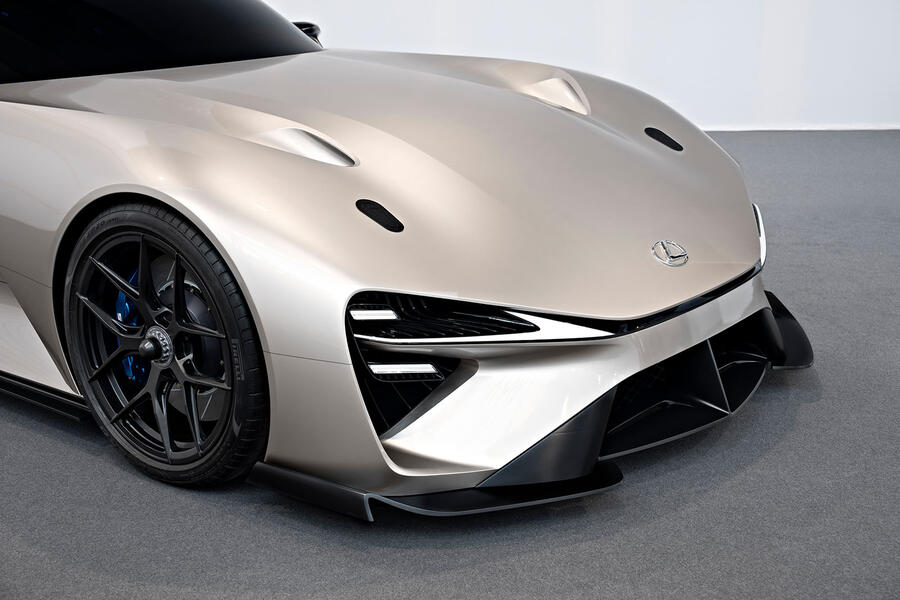
Most notable among these is a manual gearbox, the likes of which so far has not appeared in a production EV - given the flat torque curve of a conventional motor, which negates the need for separate ratios, or the need for a human driver to select them.
But Lexus says a ‘DIY’ gearbox is an integral part of an enthusiast-focused drivetrain, and given the brand’s commitment to developing engaging driver’s cars in the electric era, it is evaluating the feasibility of integrating a manual into “some of our future BEVs”.
The idea was hatched by a group of “reckless engineers”, according to Watanabe, who were keen to replicate the driving dynamics of a conventional sports car in an EV format.

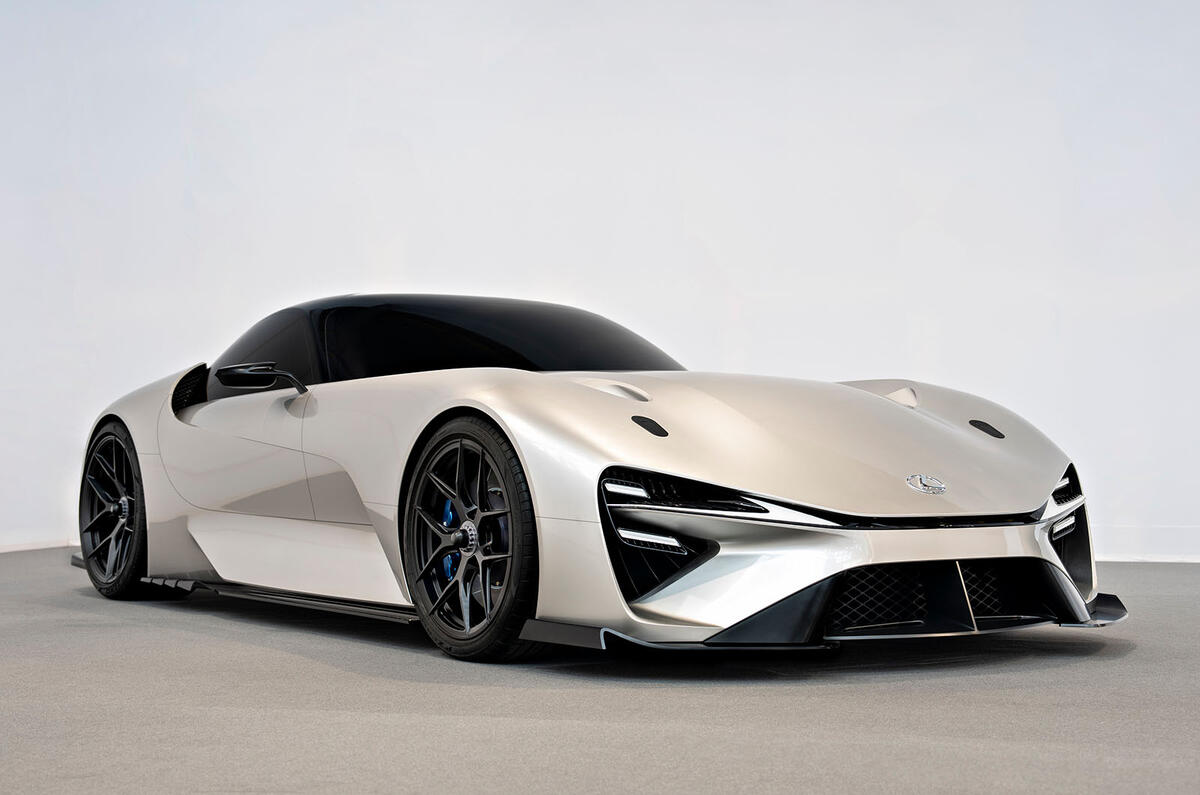



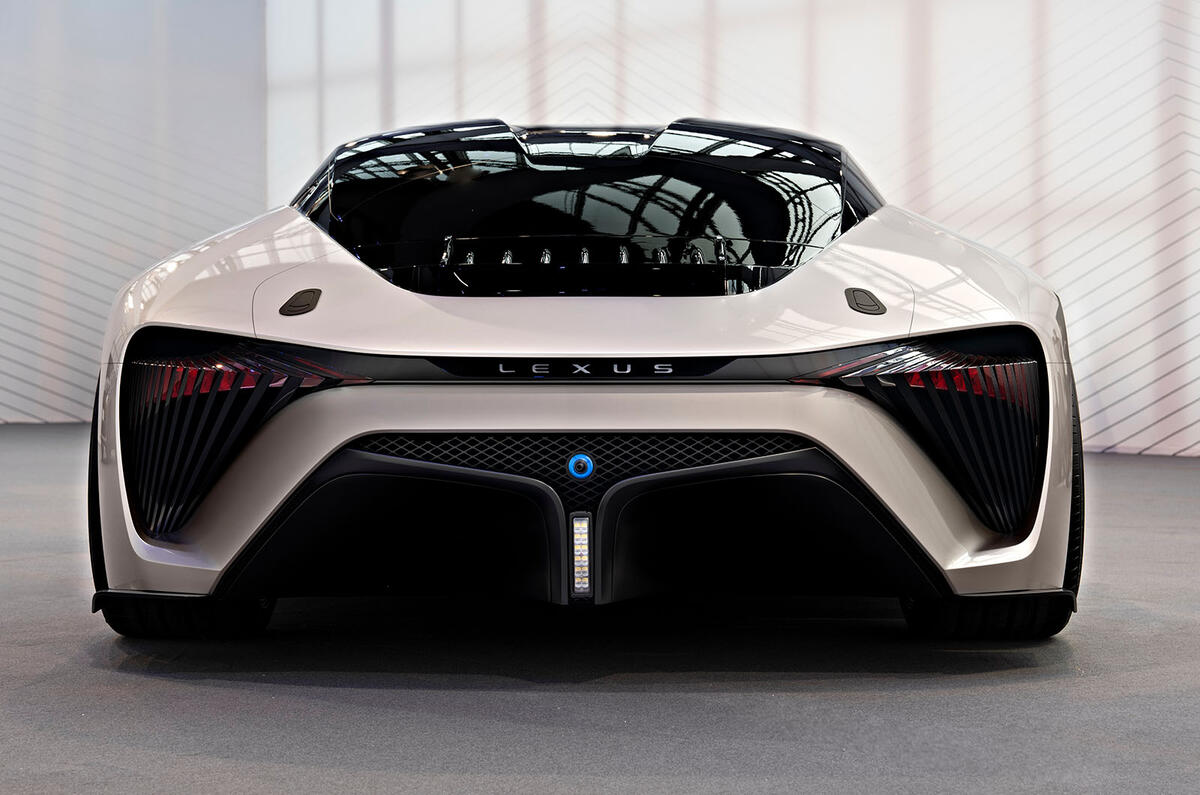





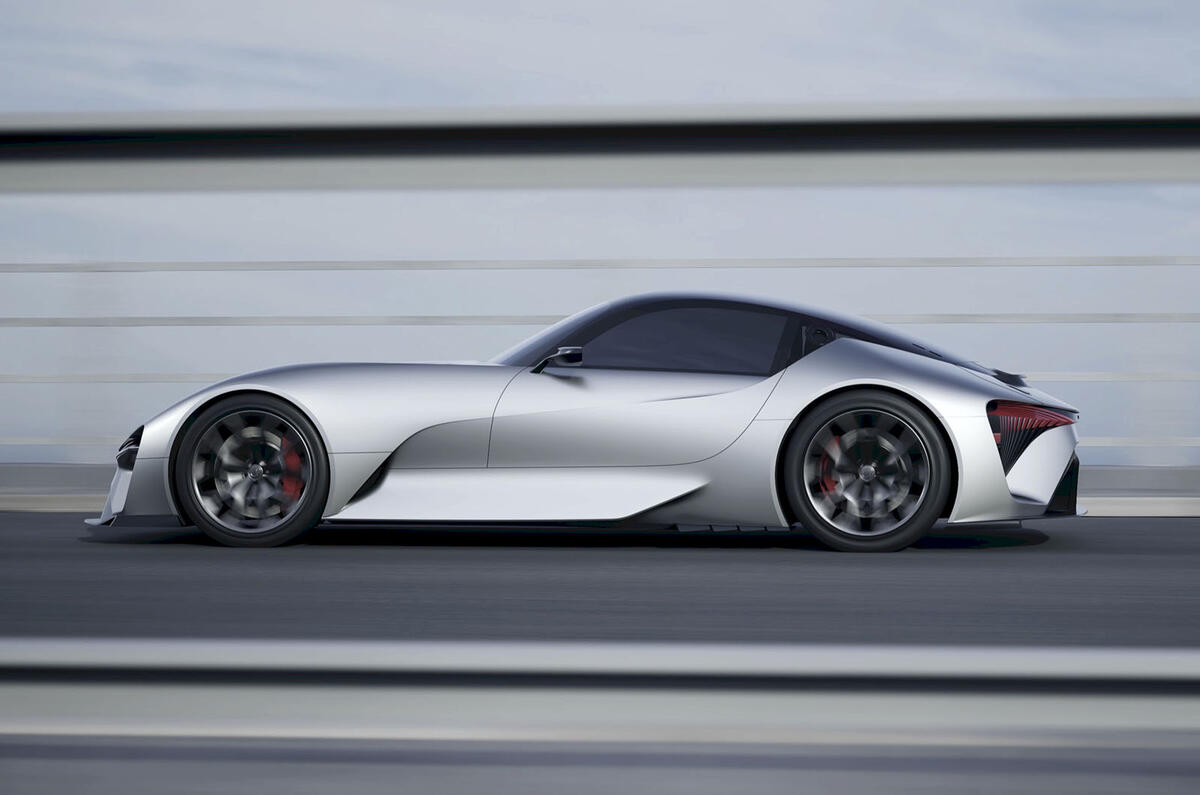
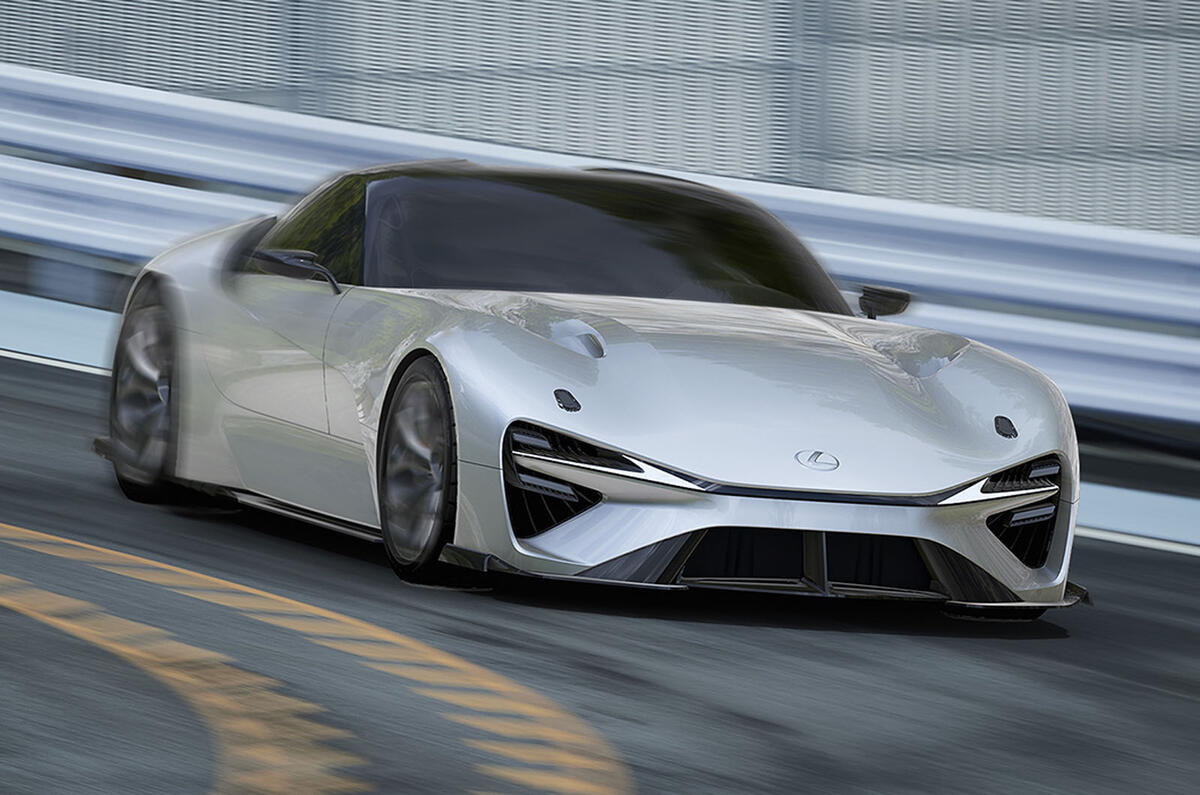

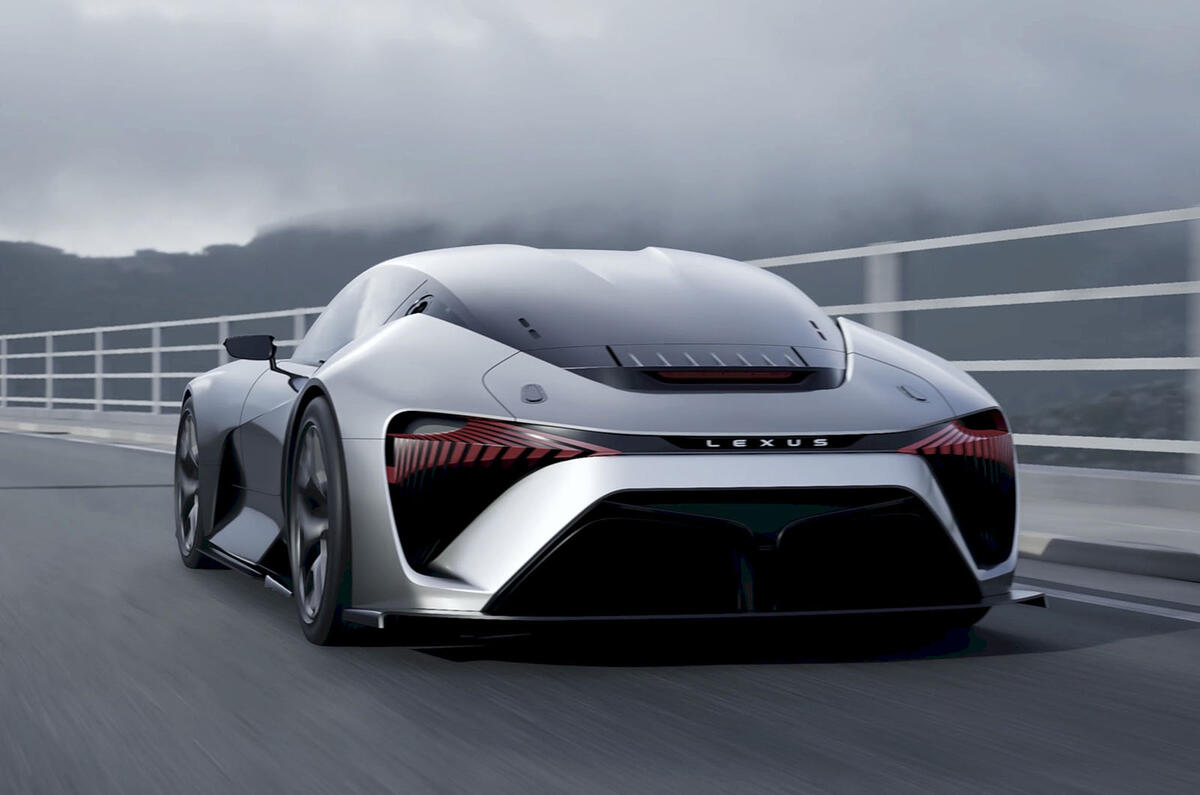


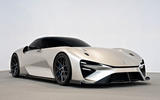
















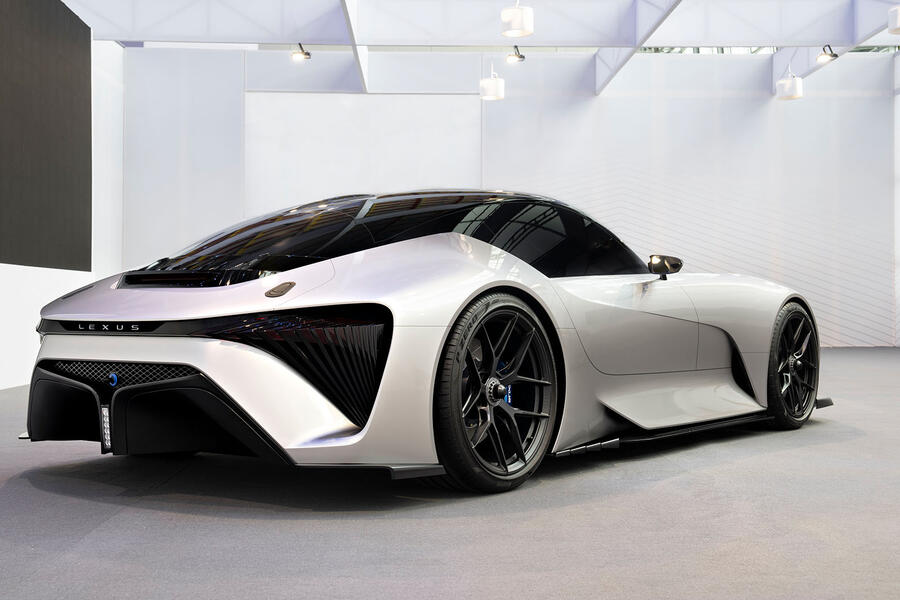
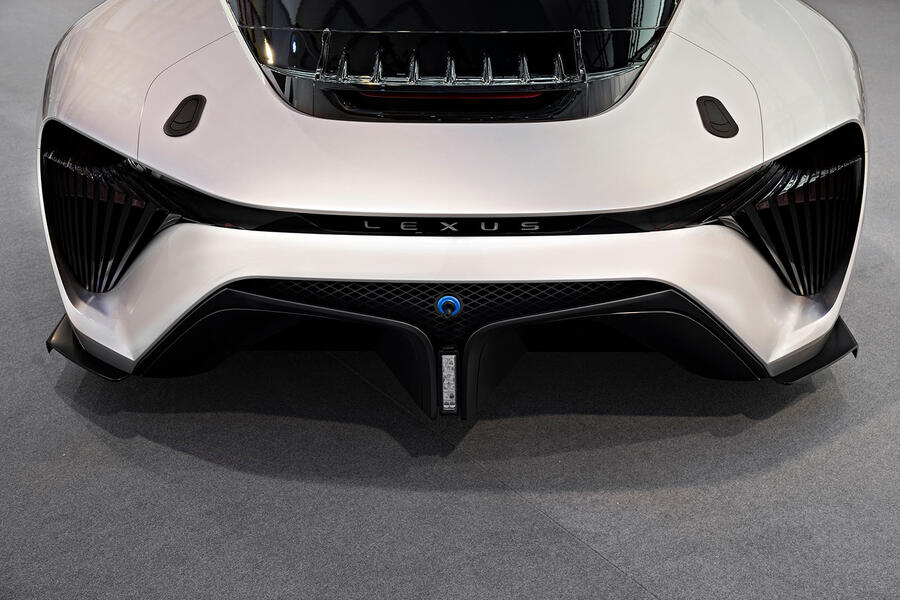






Join the debate
Add your comment
Reading back on that review of the original LFA, the author complained that the engine had to be kept between 6000 and 9500 rpm to keep up the performance.
That was written as a criticism!
HASHTAG#1
Silly though the idea of a synthetic manual gearbox in an EV is in many ways, I think there's a real future for ICE emulators. There isn't much you can't replicate digitally to a quite convincing level, and I can envisage all sorts of ICE "experiences" being possible. Just need to find a non-carcinogenic means of replicating the smell.